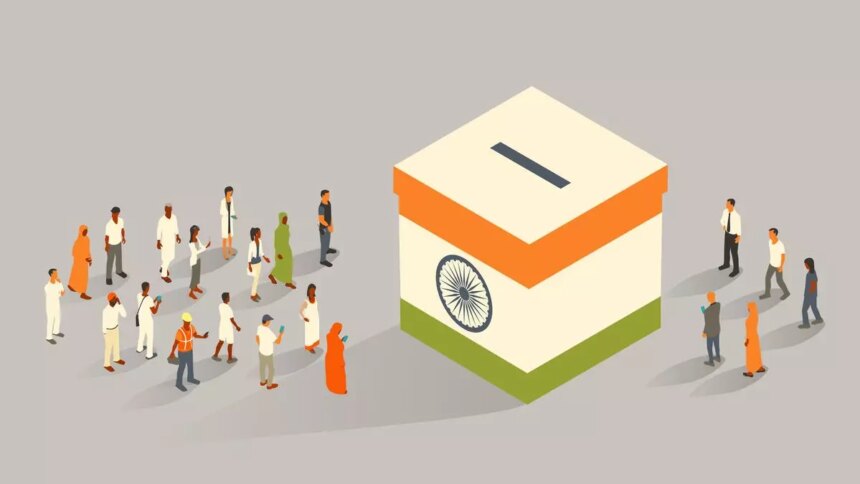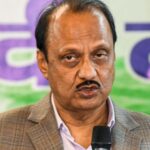On Tuesday, the government introduced two significant bills in the Lok Sabha aimed at establishing the ‘one nation, one election’ initiative, amidst considerable parliamentary activity.
Law Minister Arjun Ram Meghwal presented a motion to introduce the bills, which led to a division due to requests from opposition members. Given the majority’s composition, the motion passed, allowing the bills to be introduced. These two bills follow the recommendations from a high-level committee led by former President Ram Nath Kovind.
One of the proposed constitutional amendment bills focuses on synchronizing elections for local bodies with those for the Lok Sabha and State Assemblies, necessitating approval from at least 50% of the States. According to sources, this amendment bill will facilitate the concurrent holding of Lok Sabha and State Legislative Assembly elections.
In line with the committee’s suggestions, the amendment will propose changes to Article 82A to include a new sub-clause regarding the ‘appointed date’ for elections. It will also aim to add a sub-clause that ensures the simultaneous conclusion of terms for both the Lok Sabha and State Legislative Assemblies.
Furthermore, the proposed amendments will include modifications to Article 83(2), introducing additional sub-clauses concerning the duration and dissolution of the Lok Sabha. The bill will also address provisions regarding the dissolution of State Legislative Assemblies and propose changes to Article 327 to incorporate the term “simultaneous elections.”
It is important to note that the Election Commission (EC) will be charged with preparing electoral rolls in consultation with the State Election Commissions (SECs) for local body elections. The EC is responsible for conducting elections for various offices, including the President, Vice President, Lok Sabha, Rajya Sabha, State Assemblies, and State Legislative Councils, while SECs oversee elections for local entities such as municipalities and panchayats.
The bill also intends to introduce provisions for the simultaneous election of municipalities and panchayats alongside Lok Sabha and State Legislative Assembly elections by inserting a new Article 324A.
The second bill will amend laws pertaining to Union Territories with Legislative Assemblies—specifically Puducherry, Delhi, and Jammu and Kashmir—to align their legislative assembly terms with those of other Legislative Assemblies and the Lok Sabha, as outlined in the first constitutional amendment bill.
The legislation will amend the following statutes: the Government of National Capital Territory of Delhi Act, 1991; the Government of Union Territories Act, 1963; and the Jammu and Kashmir Reorganisation Act, 2019. This second bill will be classified as ordinary legislation, meaning it will not require a constitutional amendment and will not need ratification by the States.
The high-level committee’s proposals entail amendments to three articles, the addition of 12 new sub-clauses to existing articles, and revisions to three laws governing Union Territories with legislative assemblies, resulting in a total of 18 amendments and new insertions.










